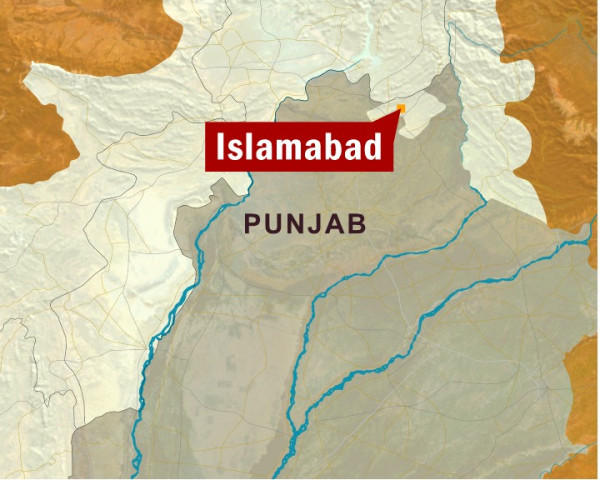Civil-military relations: Patience, uninterrupted democracy stressed
Speakers emphasise on establishing equation of civil-military relations in Pakistan.

This was discussed in a briefing session on “Civil-Military Relation in Germany, Lessons for Pakistan”.
The briefing was organised to discuss the lessons that a delegagtion of the PILDAT Dialogue Group of Civil-Military Relations learnt during their visit to Germany in November and December, 2010.
Shahid Hamid, Senior Advocate Supreme Court of Pakistan and former federal minister of defence, said
that the German military operates completely under the civilian and parliamentary command.
The two countries provide a contrast in practices, he said, and there are many lessons to be learnt from that system.
The size and structure of the German Armed Forces is regulated on an annual basis through the annual budget. The composition, the functions and the activities of the German Intelligence Services are regulated by the Federal Intelligence Service Act, the Federal Act on the Protection of the Constitution and the Act on the Military Counter Intelligence Service.
Hamid said that over the last six decades, Germany has been able to develop and mature its democratic system under the protective cover of NATO and the support of the European Union nations. In Pakistan’s context we need “a balance of trust”, he said.
The military will have to accept political leadership and refrain from interfering in political affairs, he added.
Simultaneously, the government and the parliament will have to accommodate, on an institutionalised basis, the military’s role in the formulation of policies on defence and national security and accept responsibility for decisions taken and policies made.
Dr Syed Riffat Hussain said that the maturity of democracy in Germany has resulted in a sound system of civilian oversight and control of the military, a condition that is required to be matured in Pakistan.
Senator S M Zafar, Chairman Senate Standing Committee on Education and Member PILDAT Dialogue Group on Civil-Military Relations, believed that four military interventions in Pakistan have proved that the military is not equipped to deal with socio-economic problems of Pakistan.
This is why, he added, the military has not directly intervened in political scenario today even though, technically speaking, the misgovernance and corruption is much worse than in the periods of earlier coups.
Published in The Express Tribune, February 3rd, 2011.



















COMMENTS
Comments are moderated and generally will be posted if they are on-topic and not abusive.
For more information, please see our Comments FAQ